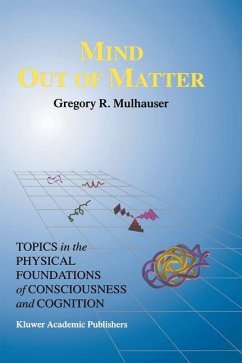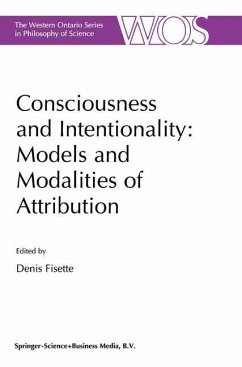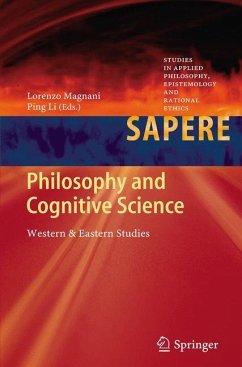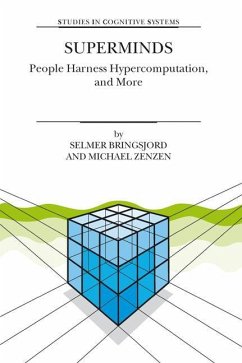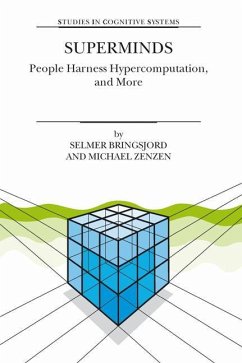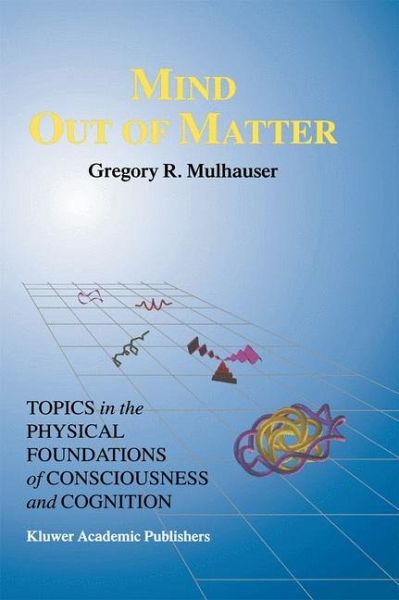
Mind Out of Matter
Topics in the Physical Foundations of Consciousness and Cognition
Versandkostenfrei!
Versandfertig in 6-10 Tagen
112,99 €
inkl. MwSt.
Weitere Ausgaben:

PAYBACK Punkte
56 °P sammeln!
Mind Out of Matter aims to transform the way we think about consciousness and the physical world. Unlike many contemporary volumes, it develops a robust and philosophically satisfying account of the mind/body relationship without doing violence to fundamental physics. It expunges popular but ludicrous assumptions about the `in principle' capabilities of cognizers and, with the help of tools from mathematics and scientific fields, supplants flawed notions of representation, function, and mental state with objective and physically grounded alternatives. It debunks quantum theories of consciousne...
Mind Out of Matter aims to transform the way we think about consciousness and the physical world. Unlike many contemporary volumes, it develops a robust and philosophically satisfying account of the mind/body relationship without doing violence to fundamental physics. It expunges popular but ludicrous assumptions about the `in principle' capabilities of cognizers and, with the help of tools from mathematics and scientific fields, supplants flawed notions of representation, function, and mental state with objective and physically grounded alternatives. It debunks quantum theories of consciousness, constructs a simple zombie recipe, and evaluates recent research on chaotic analogue networks. This book is indispensable for readers in philosophy of mind, cognitive science, and artificial intelligence, and for mathematicians applying complexity theory or information theory to biological cognition.
Audience: General academic/university libraries, plus university departmental libraries in philosophy, artificial intelligence, cognitive science, and computer science. Researchers and specialists in philosophy of mind, cognitive science, artificial intelligence, artificial life, complexity theory, and information theory. Researchers in the telecommunications industry.
Audience: General academic/university libraries, plus university departmental libraries in philosophy, artificial intelligence, cognitive science, and computer science. Researchers and specialists in philosophy of mind, cognitive science, artificial intelligence, artificial life, complexity theory, and information theory. Researchers in the telecommunications industry.





